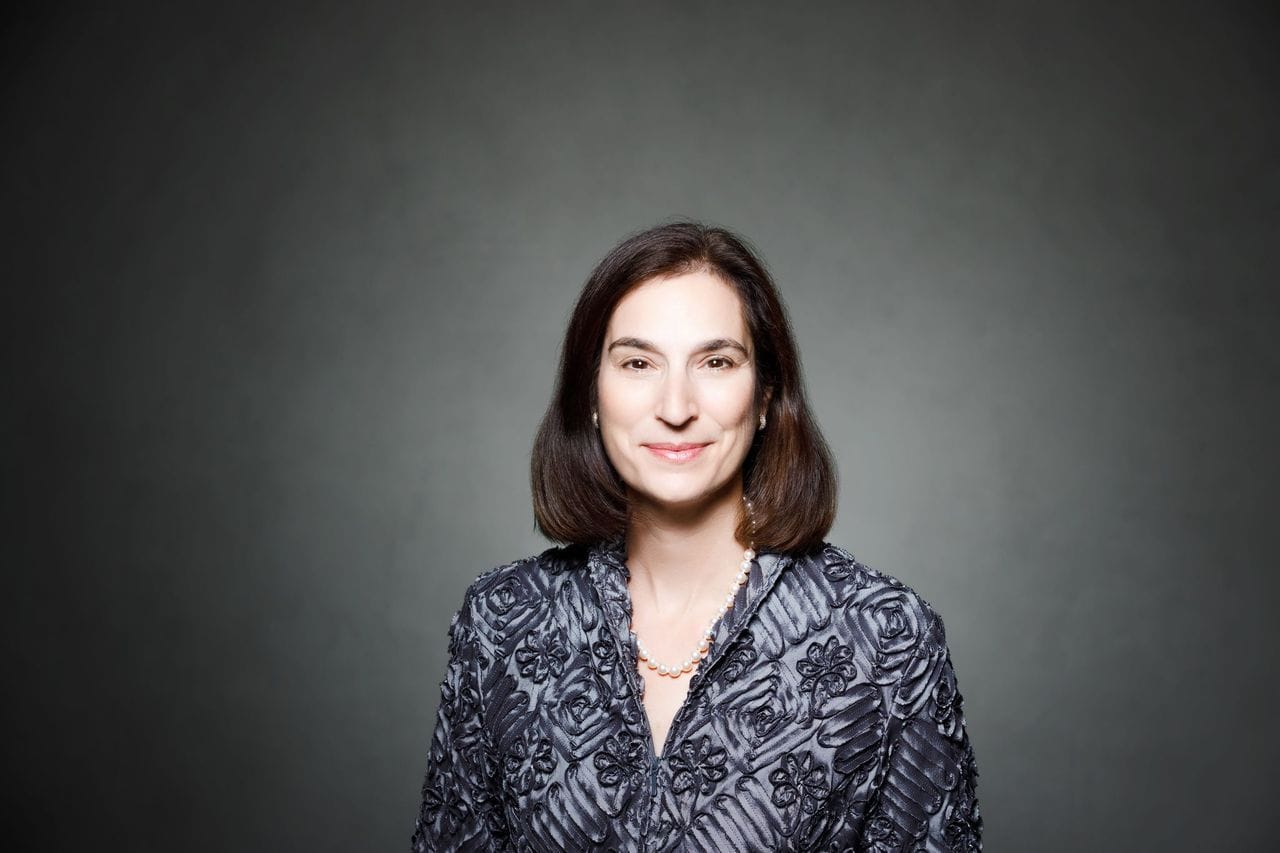The AI assistant will see you now
Today: How Houston Methodist is using a generative AI assistant to check in on discharged patients, why AI coding assistants might soon be billion-dollar properties, and the latest enterprise moves.
One of Houston's largest hospitals began using AI during the pandemic to check in on vulnerable seniors, and now uses it as part of its follow-up care for discharged patients.

Technology companies have been trying to overhaul the health care industry for decades only to run into the enormous complexity involved in making tools that work across dozens of different medical specialties, the literal life-and-death stakes of getting something wrong, and the sensitivity of the data involved. Tech leaders at Houston Methodist, however, have embraced generative AI to help improve how they care for patients outside their sprawling campus.
There are nine hospitals, around 1,000 beds, and 8,000 physicians in the Houston Methodist system, said Roberta Schwartz, executive vice president and chief innovation officer at the hospital, which serves about one-third of Houston's 7 million people. Managing all the technology across a generalized hospital is a daunting task given that each department requires specialized software to run the equipment needed for everything from surgery to cardiac care, as well as the fact that it still needs all the tech regular businesses use to manage payroll, inventory, and data security.
"Everyone thinks they can come in and very simply fix healthcare, and then they get into healthcare and realize how complicated it is," Schwartz said in a recent interview with Runtime. "There are thousands of different pieces of equipment and technologies that need to have information flowing in a variety of directions."
But healthcare organizations like Houston Methodist also need to find ways to serve patients when they're not physically on the campus, which became even more important during the Covid-19 pandemic lockdowns.

"I'm going to discharge about 200 people a day," Schwartz said. "Every one of those people has different needs; some of them are going to nursing facilities and some of them are going home, and I don't have enough staff to check up on every single one of them."
In 2019 Houston Methodist began working with a company called Lena Health to help provide services to "socially isolated seniors," said Zach Menn, vice president of population health. The original idea was to connect senior citizens in the Houston area so they could get together and form their own support networks to check up on each other, but 2020 quickly became a year during which getting a bunch of senior citizens together in a room was a really bad idea.
At the time Lena offered a service that provided "coaches," people who would call seniors in order to check in and make sure they had access to the services they needed with help from an AI assistant. Over the last few years, that AI assistant has become capable of doing those routine check-ins and escalating issues as needed on its own, Menn said.
For example, Lena AI can call pharmacies with questions about medications and sit on hold for as long as it takes, rather than forcing the patient to navigate the phone tree or one of Houston Methodist's employees to intervene.
"It's been a huge kind of leap forward," Menn said. "Now they have this friend that is actually an AI digital-health assistant, and that's beneficial for the patients and it's beneficial for reducing that staff burden of paying somebody to sit and wait on hold to try to get through the hoops that you need to jump through just to get somebody what's necessary for their care."
And as the capabilities of the Lena AI tool have increased, Houston Methodist has begun using it to help track a high-risk patient's vital signs after they've gone home but are still recovering, Menn said. Early detection of problems flagged by the software not only have obvious health benefits for the patient, but also allow the hospital's nurses to focus on patient care rather than outreach and help reduce emergency room visits and hospital readmissions, a goal that Menn called the "gold standard" in successful long-term patient care.
We don't want AI making the clinical decisions, right? There's got to be a line, but we don't want doctors sitting on hold.
Needless to say, putting an AI model at the center of health care outcomes is a tricky business. Companies that wanted to build generative AI applications struggled last year to get those apps into production over concerns about accuracy, which is a paramount concern for any health care organization.
But Houston Methodist is using AI to serve patients in ways it wasn't doing at all before the technology became available, or in ways that previously required doctors and nurses to spend less time with patients and more time with records, Menn said.
"We don't want AI making the clinical decisions, right?" he said. "There's got to be a line, but we don't want doctors sitting on hold."